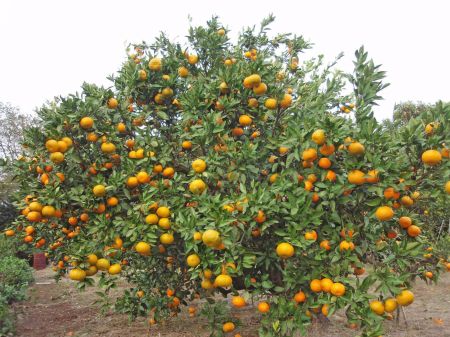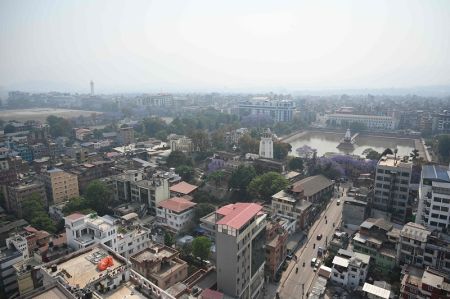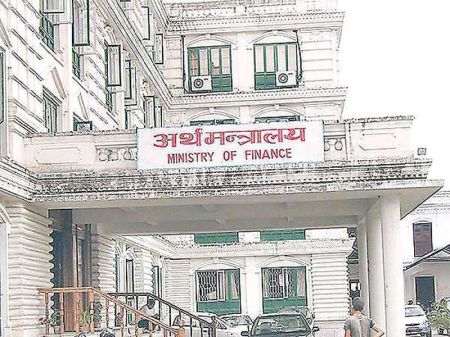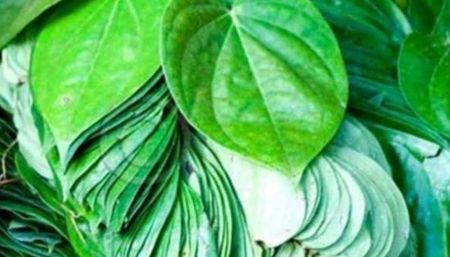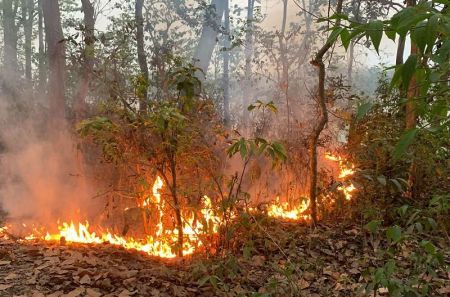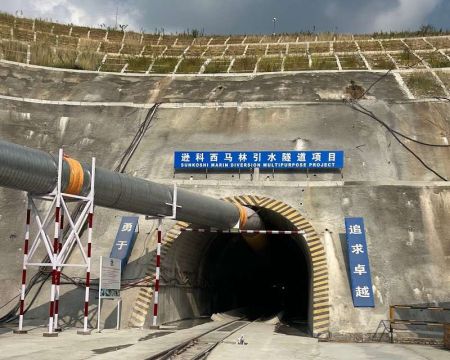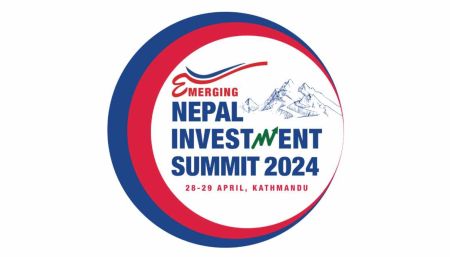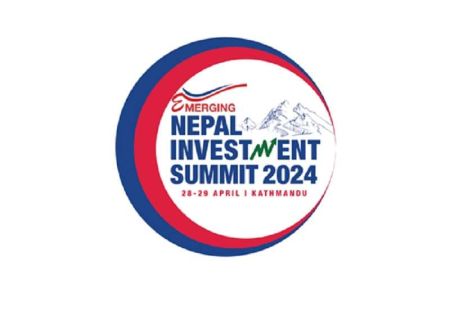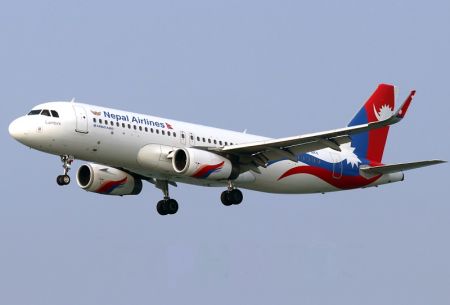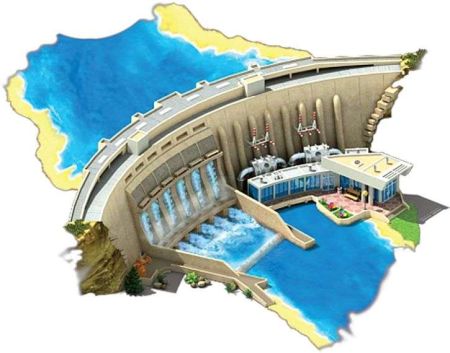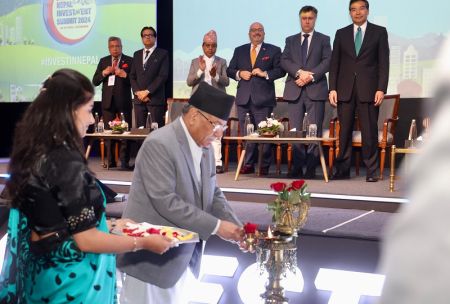--By Suraksha Adhikari
As the mercury level rises, air conditioners are perhaps the best appliances around for cooling, and there is no dearth of quality in the local market for buyers of the product.
Growing urbanisation, surge in corporate offices, business complexes and shopping malls have pushed the demand for air-conditioners in the domestic market in the last few years. More than a dozen brands are competing in the Nepali market to cash in the growing demand for air conditioners.
Air conditioners in Nepal are mainly imported from a number of East Asian countries like China, Malaysia, Japan and many more.
The domestic market currently consists of varieties including the split type and the wall mount AC to ceiling cassette models from established brands including LG, Whirlpool, Beko, Panasonic, Yasuda, Midea, Gree, McQuay, Fuji Air, Mitsubishi, Daikin and Hyundai. Also available in the market are central ACs, but their sales are limited to big hotels, corporate buildings and shopping complexes.
Distributors of the product say that the market for air conditioners in the country has grown by 25 to 30 per cent since its initial days, which reflects the rise in demand for ACs among upper class consumers and a compulsion for ACs in corporate houses, hospitals, shopping malls, hotels and commercial houses. “Consumers of AC have doubled in recent years and the sale is expected to grow as the number of hospitals, hotels and other business houses are being constructed in an appreciable way,” says Basuki Nath Thanur, Senior Manager-Commercial AC of Airtech Industries Pvt Ltd. According to Thanur, the products are mostly used by upper class consumers from big cities rather than the middle class.
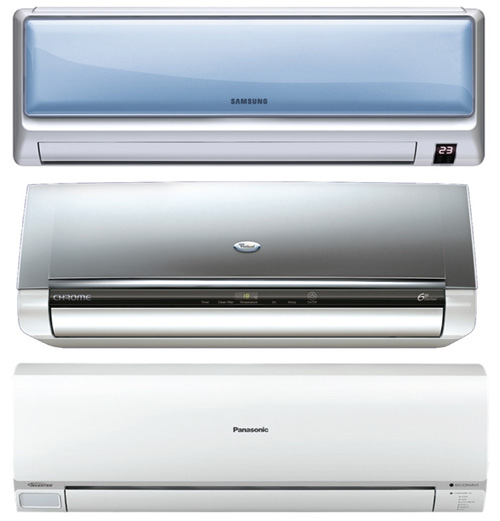 Brands Available in Nepali Market
Brands Available in Nepali Market A large variety of ACs including the single split type, the wall mountain, the ceiling cassette, ceiling suspended ACs, floor sanding ACs, duck able ACs, VRF or multi split ACs as well as central ACs are found in the Nepali market. Of the brands available here, customers prefer ACs imported from China and Malaysia as they are comparatively cheaper than
Japanese ACs.
ACs with a capacity of 0.75 tonne, 1 tonne, 1.5 tonnes and 2 tonnes are found in the market and are targeted at brand conscious people who do not mind paying a little extra for quality and reliability. Prices in the market range from Rs 58,000 to Rs 92,000. According to a company, ACs having capacity of 0.75 to 1.5 tonnes are appropriate for home use, while those with higher capacity are appropriate for
office use.
Increasing Demand
Along with the growing market, customers demand too is on the rise. A lot of customers including the big commercial houses and hotels are moving from lesser priced products to premium ones.
The rise in living standards of people and the increment of various big commercial houses has forced traders to bring in products to satiate the need of customers. A leading importer mentioned that increasing demand has turned the market fiercely competitive.
Even though the price of air conditioners has increased by around 20 per cent, traders dealing with popular brands say sales have increased four-fold since the beginning
of summer.
Of the two types of AC widely sold in the market – domestic and office-use ACs - traders say sales of the wall mount AC has spiked considerably compared to split ACs that are fixed on the ceiling.
Market Share
Some traders observe that the market share of air conditioners in Nepal is mostly covered by Chinese, Malaysian and Japanese brands, among which (roughly) 40 per cent of the market is covered by Chinese brands, 35 per cent by Japanese and 25 per cent by Malaysian brands.
Traders have observed rapid expansion of the AC market in cities outside Kathmandu, with Narayangarh, Birgunj, Biratnagar, Pokhara, Bhairawa, Hetauda and Nepalgunj showing encouraging growth in the use of ACs. The eastern part of Nepal showed more demand for the appliance than the western part of the country and the gap in sales between Kathmandu and the rest of the country was shown to be narrowing.
Challenges
The encouraging growth in sales aside, traders are experiencing various hurdles in this business especially since competition is high. Traders claim that quality maintenance is not fair in the market and that with a plethora of products available, duplicate products are on the rise. With the growth of unhealthy competition, duplicate products have been degrading market credibility, which is the negative sign for business.
Other macro factors such as political instability and the rise of the dollar can be a threat to this business too. But despite these challenges, importers and distributors seem to have plenty to get going, as demand for air conditioners does not seem to show signs of subsiding as yet.






